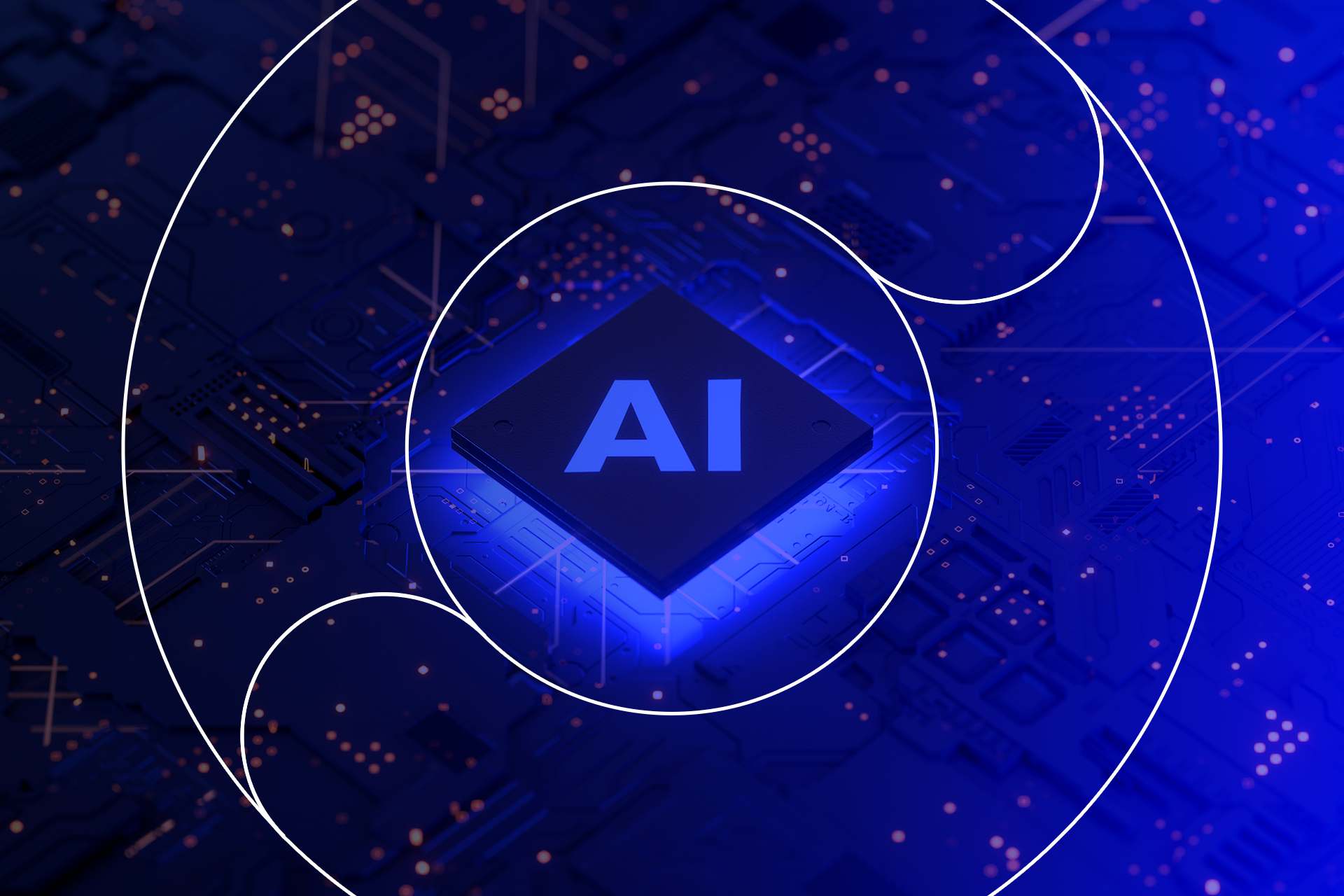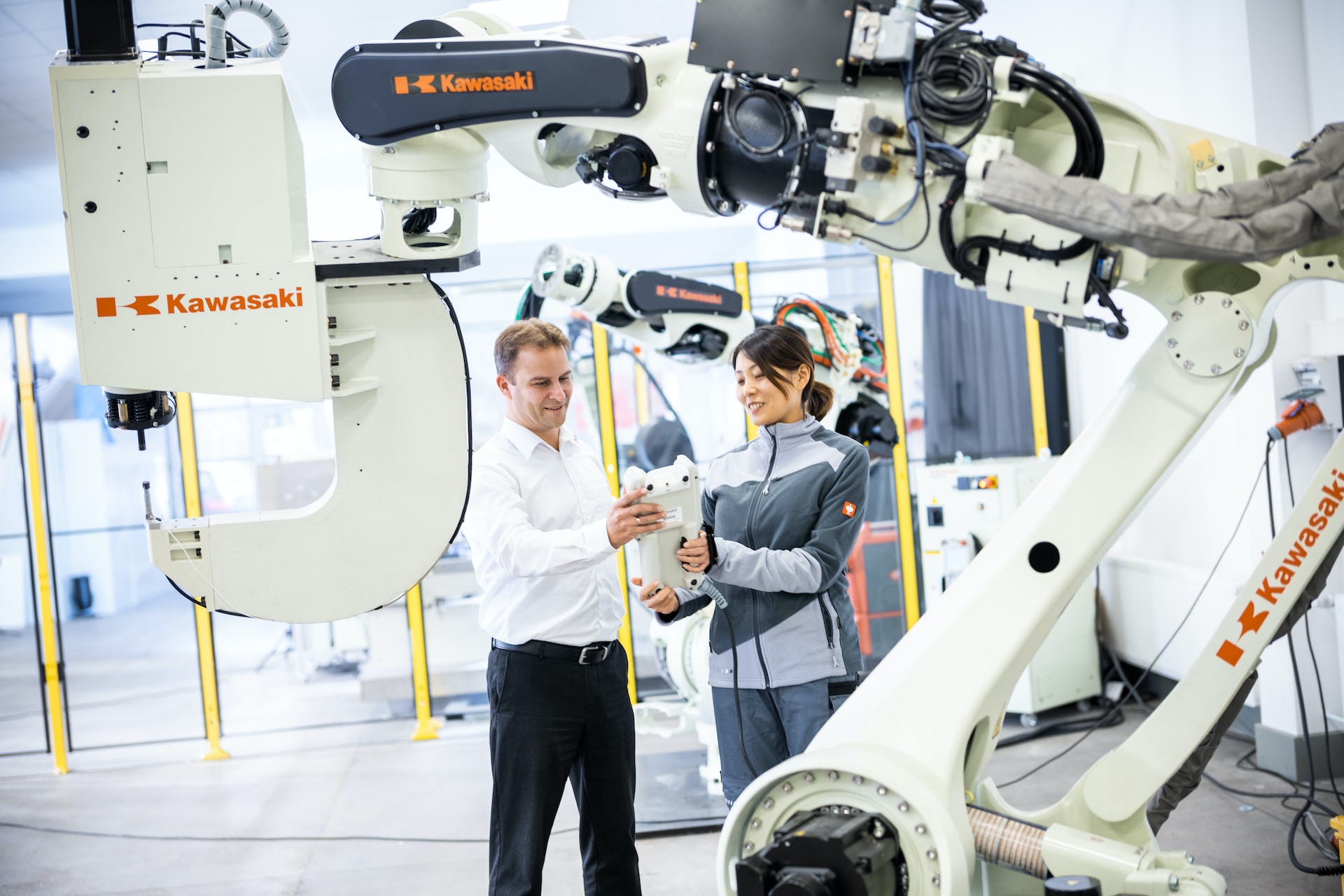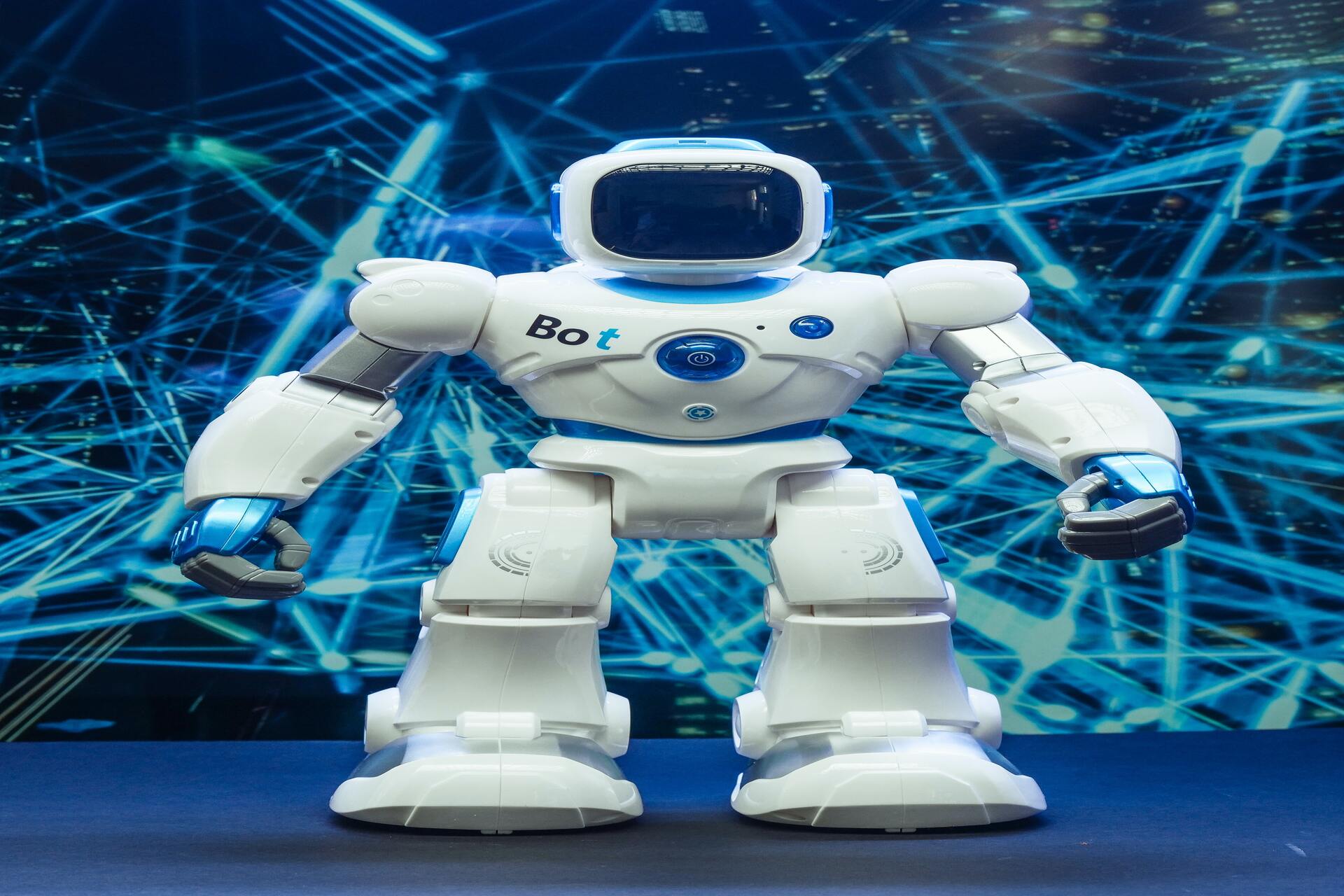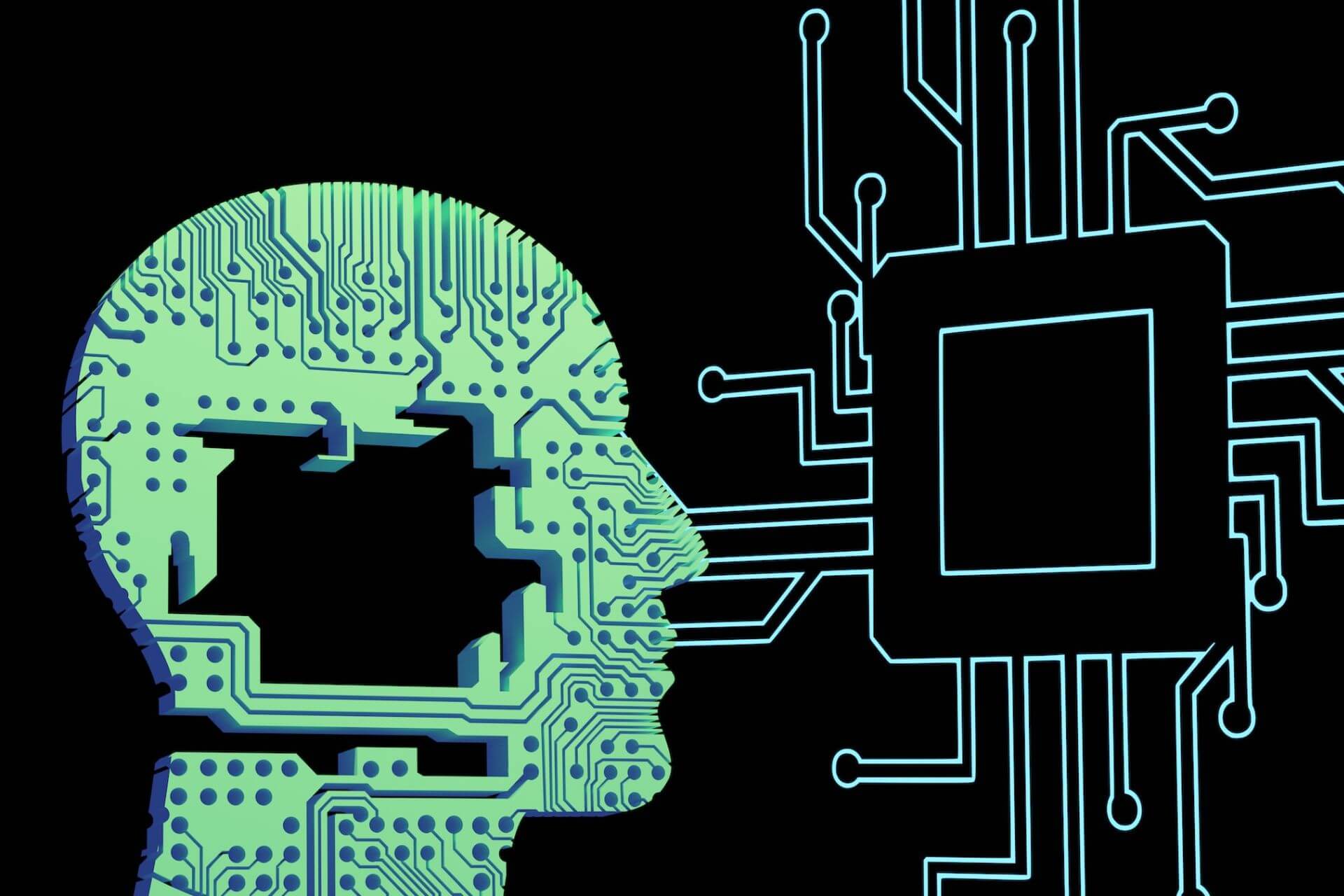
Artificial Intelligence Research Trends You Need to Know
November 7, 2017 - Emily Newton
Revolutionized is reader-supported. When you buy through links on our site, we may earn an affiliate commision. Learn more here.
Artificial intelligence that knows our thoughts, desires and can identify what we’re going to do next is finally here, and it’s been a long time coming. You’d be forgiven for thinking it was the work of some paranormal entity or futuristic superhuman powers. However, those things have nothing to do with it. Artificial intelligence applications span everyday life from work to leisure.
Modern AI is capable, efficient and accurate because of machine learning, big data and modern analytics. Alexa from Amazon’s Echo devices, for example, can add products to your cart and order them for you right off Amazon, nearly as soon as you run out. Siri can respond conversationally to your queries, and even tell jokes. IBM’s Watson is being used to do some incredible things in the enterprise world.
All of this is just the tip of the iceberg. There’s more to come, especially as the technology is improved and advanced in the coming years.
Some of the current applications of AI are relatively straightforward. Siri, Alexa and Google Assistant serve consumers, making their lives and experiences more convenient. Retail and marketing companies are using AI systems to predict customer behavior. Customer support and service teams are using a primary form of AI via chatbots to deliver always-on customer support.
But what about the stuff behind the scenes? What about the things we don’t hear about often? What are some trends that it would behoove you to know, and yet you likely haven’t heard a peep? Here are three artificial intelligence applications you need to know.
Artificial Intelligence in Healthcare
A new medical method has cropped up called “personalized medicine” or “precision medicine,” which involves looking at statistical and historical data to deliver more targeted diagnoses for patients. While the method has been around for years, it’s been altered to include big data, analytics and AI.
These systems analyze medical history and records, present outbreak stats, environmental conditions, clinical studies, current reports and more. They can better assess what may or may not be wrong with a patient and match up personalized treatments.
This is just one form of AI being used in healthcare. We’re also seeing the emergence of AI robot assistants like Pepper, which could act as a nurse or caregiver for specific patients. There’s also some work being done with prosthetics to align them more with bionic limbs — one was outfitted with an AI chip that allows it to “see” what it’s touching or interacting with.
In combination with some of the other technologies we have today, it’s not a stretch to see us headed toward superhuman status. At the least, implementing AI in the healthcare industry will improve quality of life for everyone and further boost medical treatments.
Improving Finance With AI
When you imagine an accountant doing work, you probably picture someone hunched over a desk and calculator crunching numbers. Maybe this was the case in the past, but it isn’t anymore. Financial experts don’t even have to do most of the heavy lifting — it’s all handled by predictive analytics and machine learning software.
AI, machine learning and deep neural networks can be used to streamline the finance industry for everyone. By analyzing troves of data, systems can balance risk management, point out viable investments and help manage cash more reliably. IDC Financial Insights predicts total IT spending by financial institutions will exceed $310 billion globally by 2019.
Companies like Citi Group have already begun uniquely using systems. More specifically, Citi is relying on big data to combat fraud and identity theft for its customers.
Artificial Intelligence Applications in Manufacturing & the Workforce
The days of “dumb” production line and manufacturing robots that do some remarkably essential functions are coming to an end. Factories of the future will be able to autonomously operate without human intervention, mostly thanks to AI, machine learning and advanced robotics.3D printing, for example, is a minor form of manufacturing that has been adjusted more in line with the consumer. Industrial and enterprise 3D printers exist, too. Just feed a blueprint or data file into the machine, and it will print the object via whatever material is fed through the printer, be it plastic, concrete or something else.
This is just one example of how manufacturing facilities and factories will soon be localized. Gone are the days of plants needing vast amounts of space. More importantly, gone are the days where a manufacturer needs a full army of human labor — they can be almost entirely replaced with modern robotics and automation systems. Although this will take away jobs, it will also remove humans from the more dangerous tasks in the labor industry.
Imagine if Amazon could not only provide new products to customers but also manufacture them in a local area within days. Instead of free two-day shipping, your Prime membership might just get you free two-hour shipping at that point.
The Time Is Now
No matter what industry you work in, it’s time to start thinking about how you can implement AI to meet your own business initiatives. It won’t be long before the technology is adopted everywhere else. Other popular applications include deep learning, robotics, natural language processing, IoT, neuromorphic computing and much more.
Revolutionized is reader-supported. When you buy through links on our site, we may earn an affiliate commision. Learn more here.
Author
Emily Newton
Emily Newton is a technology and industrial journalist and the Editor in Chief of Revolutionized. She manages the sites publishing schedule, SEO optimization and content strategy. Emily enjoys writing and researching articles about how technology is changing every industry. When she isn't working, Emily enjoys playing video games or curling up with a good book.




